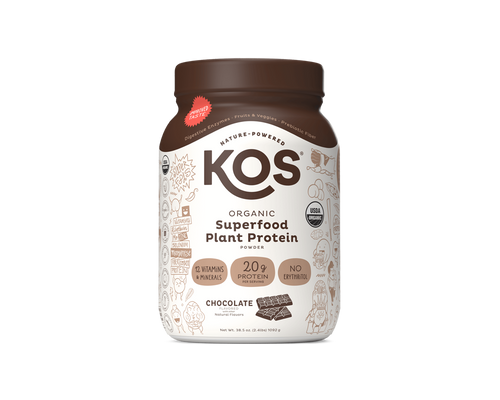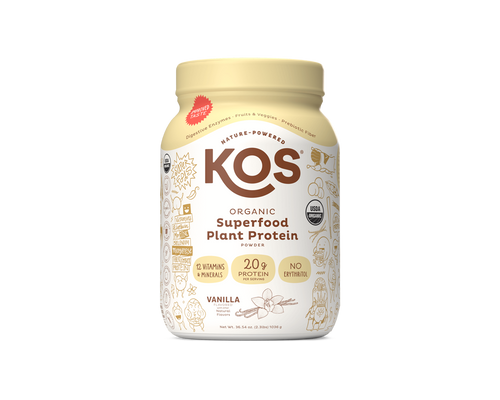Table of Contents
![]()
Sustainability. As a buzzword, it’s a little bland. “These practices are unsustainable” doesn’t stir the heart like “Nuclear fallout this Thursday at 2.” But “sustainability” is everything. Our ability as a species to weave sustainability into ordinary daily life is all that stands between us and a broken planet.
“Broken planet. (HAHAHA!). Please.”
Sustainability, Top Sirloin, and Extinction
Right; you can’t actually “break” a planet. But you can scrape off enough of the delicately upholstered surface to screw everything from earthworms to elephants.

A grasp of how ruinously we’re mismanaging our “resources” (another powerfully dull buzzword) will stand your hair on end. Don’t worry about extinction this Thursday, but looking a bit beyond that, the news isn’t good. What threatens us? Invasion from space? Toothy cloned dinosaurs?
Nope. Top Sirloin.
Steak. The Final Frontier.
For thousands of years, we humans were natural hunter-gatherers, heading into the bush with pointed sticks and bringing home whatever bacon couldn’t outrun us. Tiring? Yeah.
Then 12,000 years ago we figured out how to take all the running and yelling and exhaustion out of eating; pen the animals, let them produce more meat, and eat them at our leisure. 110 centuries later we have so expanded on this idea we have given over the surface of the Earth to cows.

Nearly half the Earth’s land mass not covered with ice is taken up with the raising of livestock. Food animals suck up grain, water and gasoline for a pitifully imbalanced caloric payoff, and cows are the chief offenders. It’s not going well. Here are the freaky facts:
Yeah, and?
Cows are Calorie Thieves
Dump 20,000 calories worth of water-soaked corn feed into a cow and what do you get? 2000 calories of food energy. That lousy 10% return means your steak is a calorically lame sponge into which you’ve poured a couple thousand gallons of scarce H2O, among other things. This disastrous return would ulcerize an investment banker.

Water is Finite. Spread the Word.
Water may be plentiful on the planet, but not drinkable water, which is...what’s the word? Scarce. Nearly 97% of all the water in the world is locked into our enormous, salty, undrinkable oceans. Drinkable, or “potable”, water, comprises the other 3% or so of the world’s scant digestible water, and it’s being shared between 7.6 billion humans, 19 billion chickens, 1.5 billion cows, and a billion sheep and pigs.
Meanwhile, almost 50% of the world’s agricultural land is used for beef production, yet beef accounts for less than 2% of the calories that are consumed throughout the world.

The inefficiencies of animal-food production versus plant-food production are explained in scores of scientific reports and articles by institutions that can’t be characterized as Tree Huggers.
Our habituated eating of meat is driving insane, starvation-spurring behavior all over the world. Greenhouse gases, ocean dead zones, the desertification of huge, overgrazed areas of land; the natural mechanism supports creatures eating each other, but not the growing and warehousing of billions of gas-emitting, resource-obliterating animals.
It has been shown that the water footprint of any animal product is larger than the water footprint of crop products with equivalent nutritional value. There. I said it.
Planting Your Flag
Glass half-full: the problem is entirely human-powered. We’re not being controlled by mysterious impersonal forces to whom we have surrendered our collective destiny. What we eat changes the game. It all goes back to plants.
Plant-based food production is a sleek and aerodynamic rocket car compared to the fuel-and-resource-trashing juggernaut that is meat production. Force grain through a cow and you step on the natural goodness until you get more cow crap than calories. Having said that...we can have it all! Seeds, roots, leaves, nuts, AND tri-tip.

Given the scale of the issue and the sheer number of enlightened problem solvers, the corner is already being turned.
More change is needed, but it doesn’t have to be an inflaming revolution. You don’t need to become a hero of the Green Resistance, wave a cornstalk in a protest march or join a green paramilitary effort to free factory chickens.
Individuals taking ridiculously tiny steps in a new direction can change everything. That’s history in a nutshell. So to speak.
Let’s get started.






